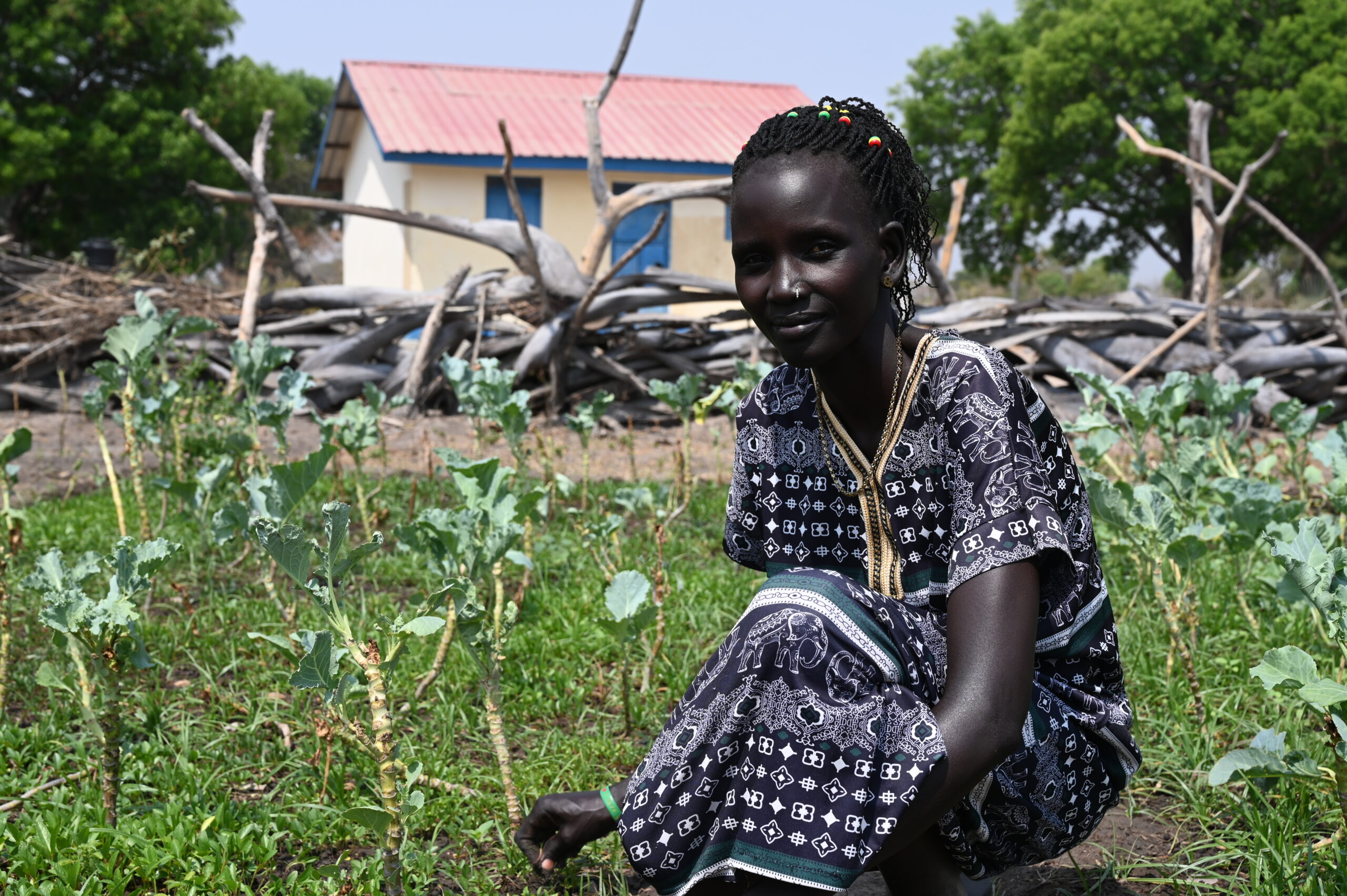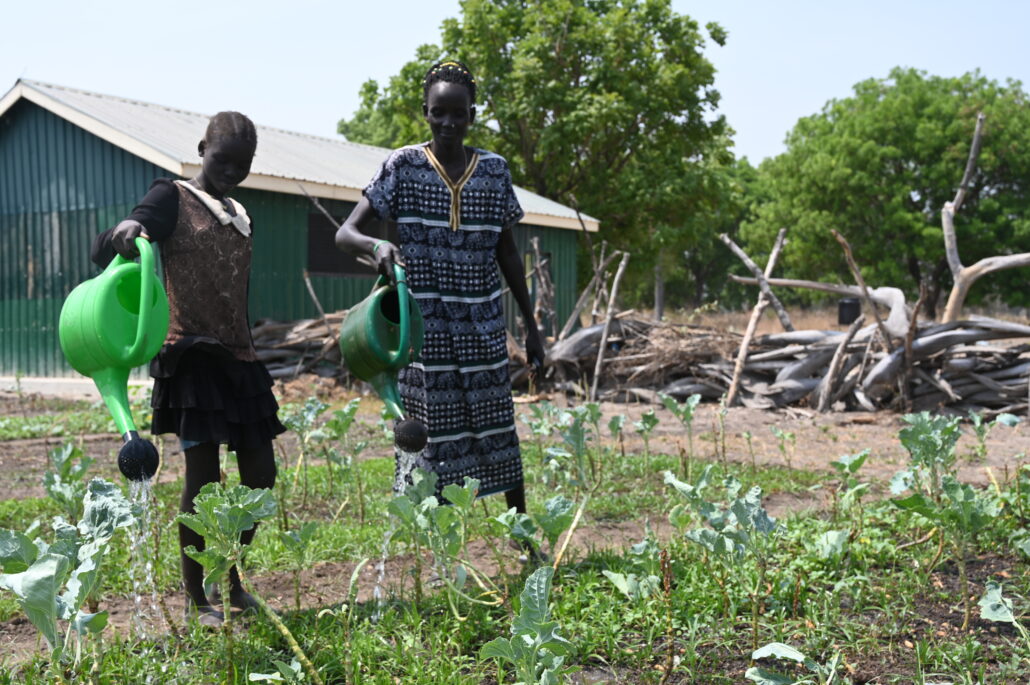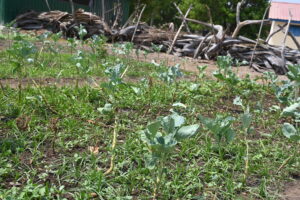
April 22nd marks Mother Earth Day an international holiday dedicated to recognising the Earth and its ecosystems as humanity’s common home and the need to protect her to enhance people’s livelihoods, counteract climate change, and stop the collapse of biodiversity.
It is undeniable that collectively we need to do more to protect our planet.
Although extreme weather and climate change foolishly seems like disaster in a distant future for some, the earth, especially the global south, is experiencing the harsh consequences of our treatment of the environment.
From long spells of drought and flash flooding to desertification and water pollution – communities in the global south are facing an accelerating climate emergency.
This years theme is taking climate action and centering it on gender equality and the role of women in sustainability calling for urgent action to protect our planet while advancing gender equality.
A sustainable future is only possible when women and girls are empowered to lead climate and environmental action – when their knowledge, leadership, and rights are at the heart of efforts to restore and safeguard Mother Earth (UN Women)
At IJI we know this too & with your support we have championed women to continue making positive change.
In South Sudan your support is empowering women farmers to not only upskill by way of agriculture but to build resistance to the growing challenges of climate change.
Since 2014, the Multi-educational and Agricultural Jesuit Institute of South Sudan (MAJIS) in partnership with the Jesuits of East Africa, sought to address food insecurity to an entire county, roughly 288 villages and home to the most marginalised communities in the country.
The project focuses on women and knowledge transfer for sustainable farming, good agricultural practice & appropriate land use. Before the project, women like Martha, a mother and rural farmer, faced food shortages and relied solely on farming for survival – their lives have now been transformed in this Misean Cara Climate ward winning project.
This is Martha’s story, one of the many women your support & solidarity has reached:

Martha and one of her daughters watering crops
My name is Martha Nyacam Makur. I am 35 years old and I have six kids—two boys and four girls. I am a South Sudanese from Rumbek, Amokpiny payam. I am married to a man from Jiir Payam Rumbek- Lake States South Sudan. The project ( MAJIS) in Akol-jal has greatly helped us.
When this project was initiated, we used to dry okra, pound it, and cook it as sauce because it was the dry season, and we had no knowledge of irrigation. However, now we can eat greens even during the dry seasons, such as sukumawiki (a type of kale) and pumpkin leaves.
This is what we were taught, which has encouraged us as women of Akol-jal.
The benefits we have gained from MAJIS comes from our love for the work and the training and knowledge we have got from the Jesuits, which is why we are still involved and making progress. We would have given up if not for this passion.
Currently, our biggest challenge is transporting water. Carrying a watering can and pumping the borehole has caused pain in our chests and arms. It would be much better to water our small garden with taps or pipes, allowing us more time to attend other domestic work.
My husband does not have a job because he is not educated. His only source of income comes from hand labor, such as making charcoal, which is insufficient to send our children to school or to feed them. This lack of resources has caused conflict among my children because they all want to go to school. I can’t afford to send them all, so I took some to the cattle camp because it seemed better than staying at home. I struggle to manage all the kids alone as my husband has become a drunkard.

sukumawiki (a type of kale)
Last year, floods destroyed our crops, leaving us without sorghum (a type of grain/millet). However, thanks to the vegetable sales from my garden, I am able to buy flour from the market, enroll my kids in school, and provide good food for our family. Business at market has meant I can buy goats, which is a great motivation for us!
I can cover school fees for my children when my garden has not yet produced enough. I currently have two goats that are both pregnant, and I am looking forward to their delivery, which is expected this month. I have never sold any goats yet, but I hope to do so when I have more, so I can eventually buy a cow.
This project ( MAJIS) has made a significant contribution to our lives. It has improved my situation by encouraging me to be a hardworking and strong woman. The work of irrigation, which I once thought was difficult, has become much easier.
We have learned about the power and value of womanhood, and we have been taught how to overcome challenges we once thought were insurmountable.
Thank you all for your unwavering support. Although this is a village with limited access to good roads and communication networks, you managed to be with us. When war broke out and people were killed indiscriminately, you did not give up until peace was restored.
From all of us at IJI and the many women your support and solidarity has reached – we thank you!
You can find out more about our sustainability and eco projects: here


